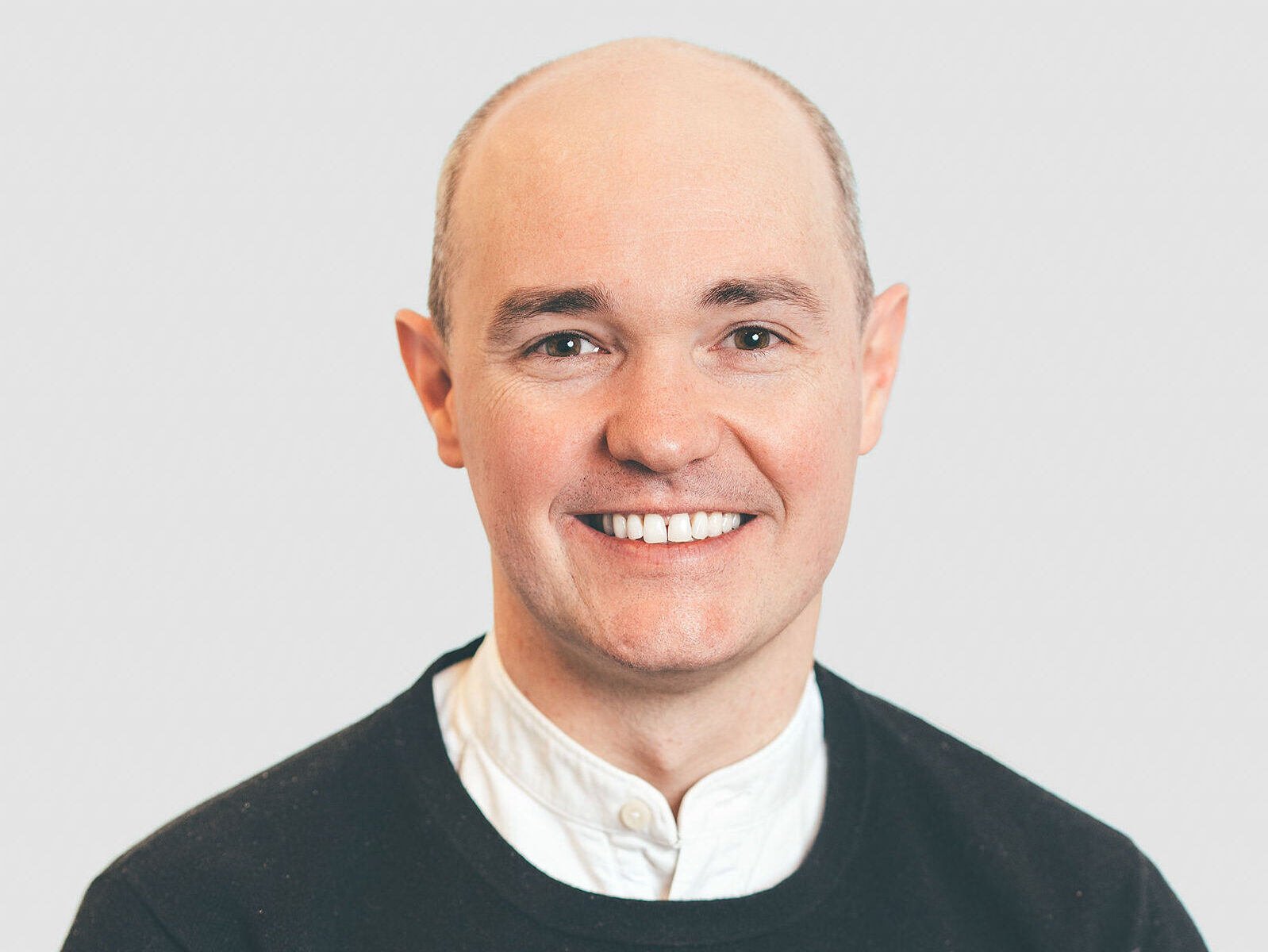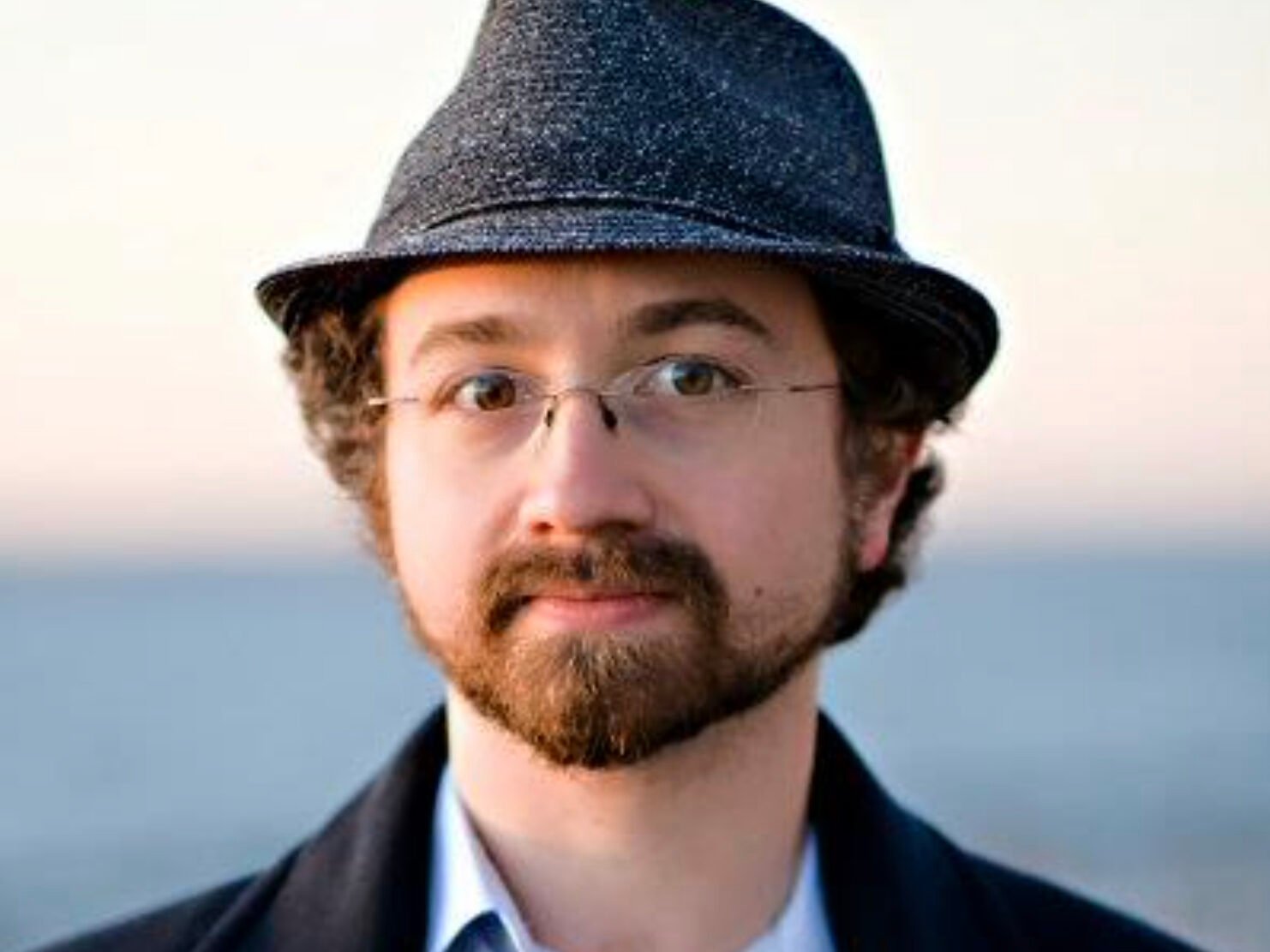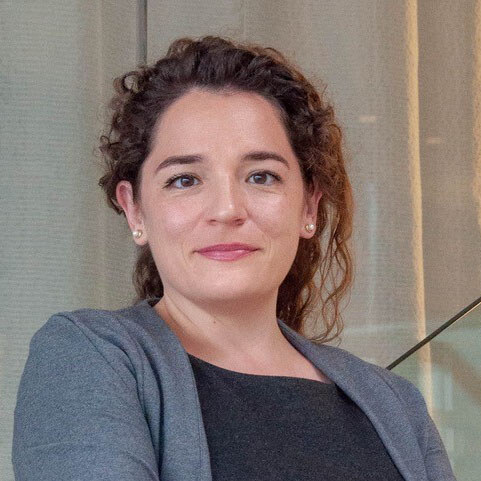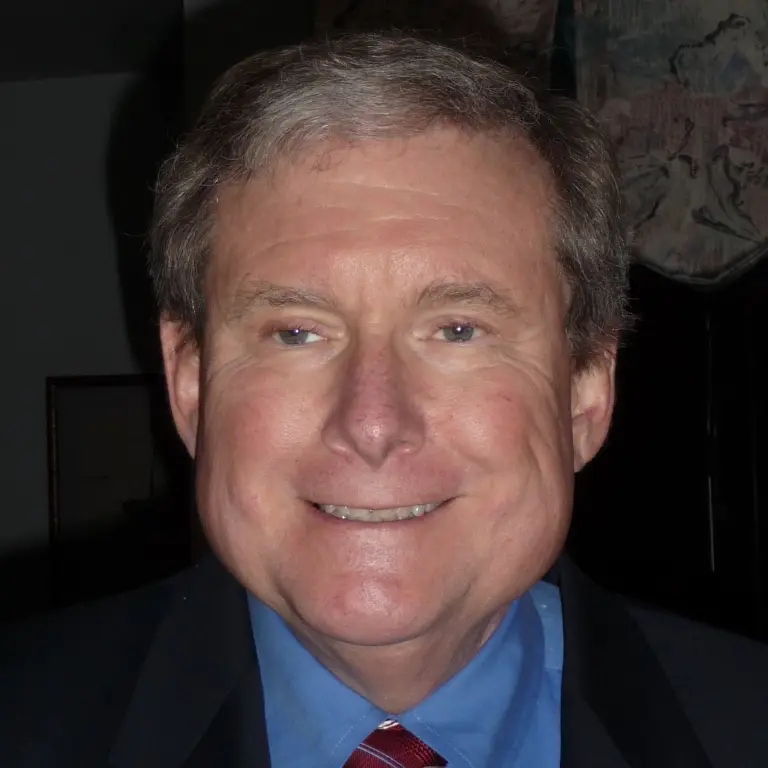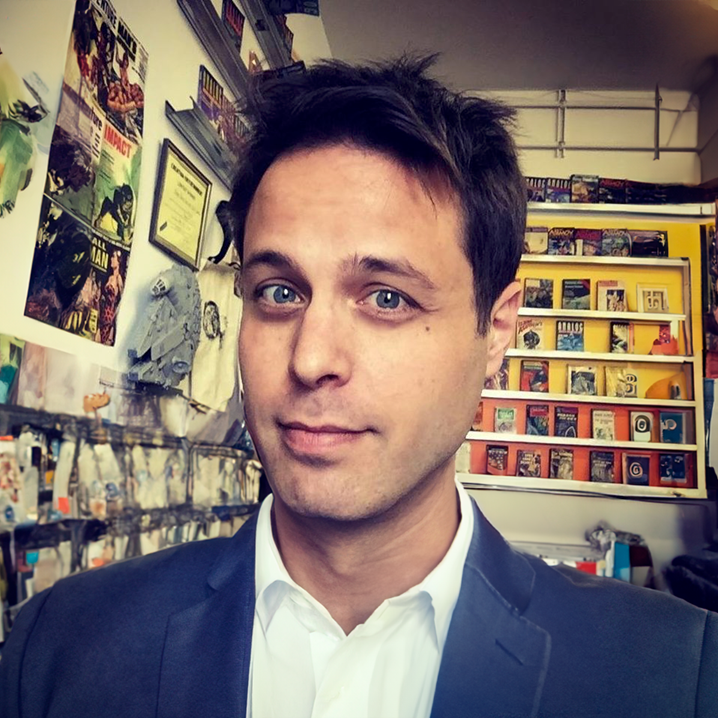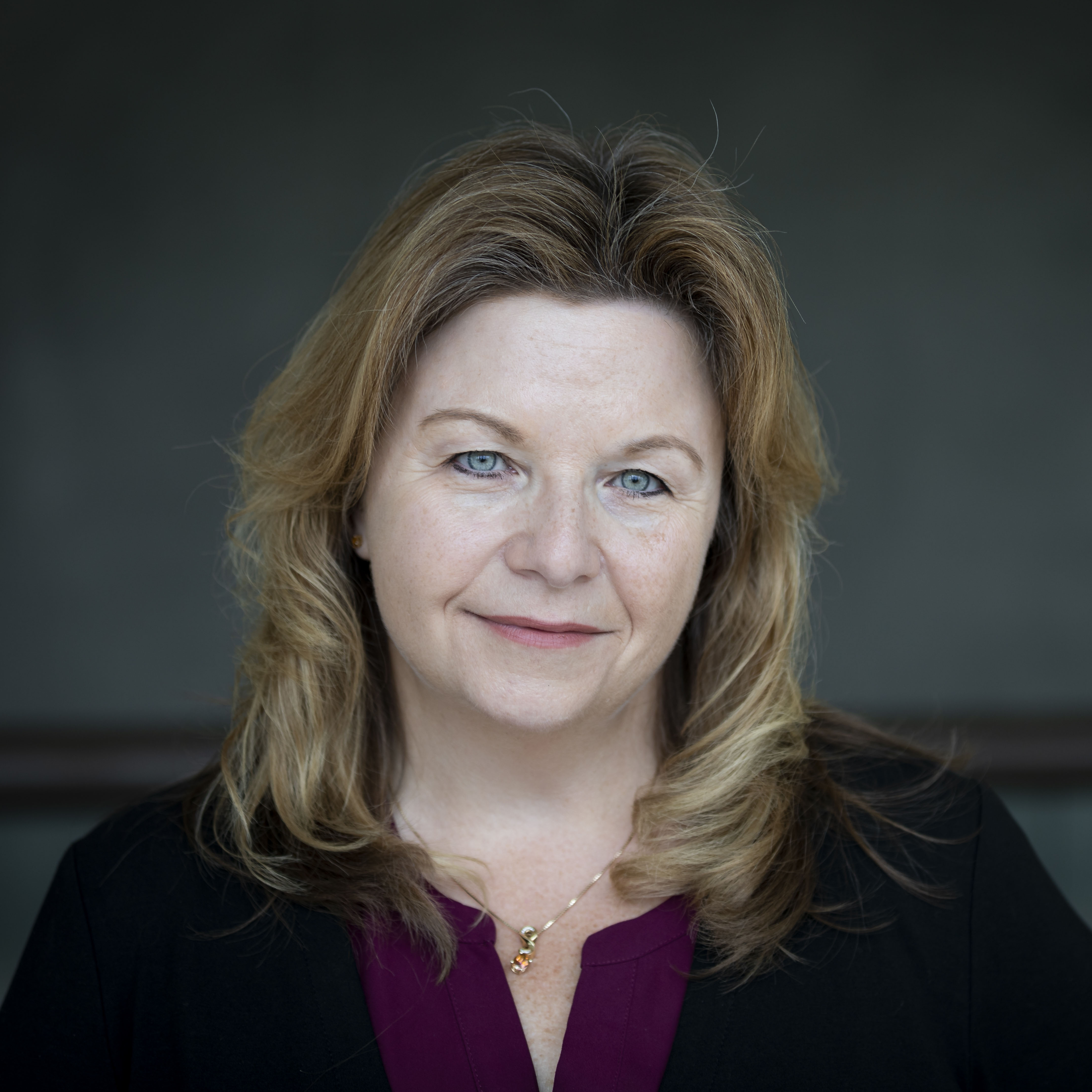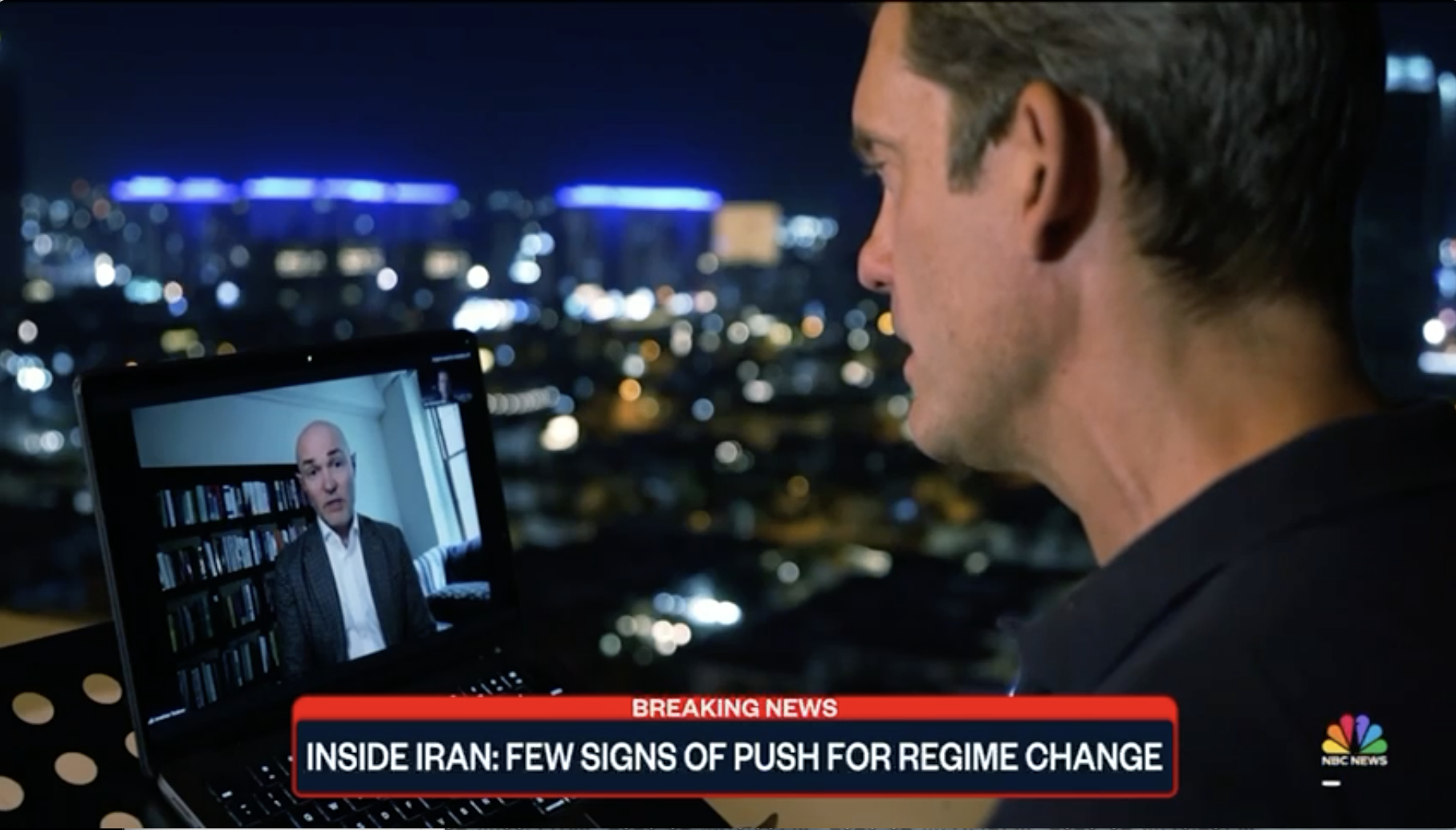Bridging the Gap Between Local Realities and Global Strategies
We transform hard-to-reach data into insights that drive strategic decision-making and shape global narratives.

Our Mission
We believe local insights pave the way for global impact.
FilterLabs empowers informed decision-making and communications through a continuous stream of high-quality, hyperlocal data and insights from hard-to-access areas of the world.
Our Story
We were founded to help organizations engage the world through data.

2019: The Experiment
FilterLabs started as an experiment, which is what professors and academics do best. Founder and CEO Jonathan Teubner was experimenting with ways to capture granular, community-level data where social media platforms were silent. His research led to innovative ingestion strategies that shed light on what people care about and whom they trust.

2021: The Expansion
Jonathan discovered that organizations, companies and agencies in the U.S. are eager to access this type of data so they can better understand how local communities around the world react to specific events, situations and messages. This led to Jonathan enlisting David Smith to develop a prototype to capture and analyze community-level data—testing the waters in the micro-neighborhoods of Austin, Texas, and then expanding to the more remote corners of the globe.

2022: The AI Breakthrough
It became apparent organizations, companies and agencies in the U.S. need a way to collect, and analyze hyperlocal data on a larger scale and at a faster pace. Fortunately, that timing coincided with leaps-and-bounds advancements in artificial intelligence (AI) and large language models (LLM), which became key factors in enabling FilterLabs to build the technology that would scale the solution across multiple countries and industries. We also grew our team to include regional and subject matter experts who curate millions of high-quality conversational data sources and thousands of local behavioral data sets to ensure culturally relevant, community-level data.
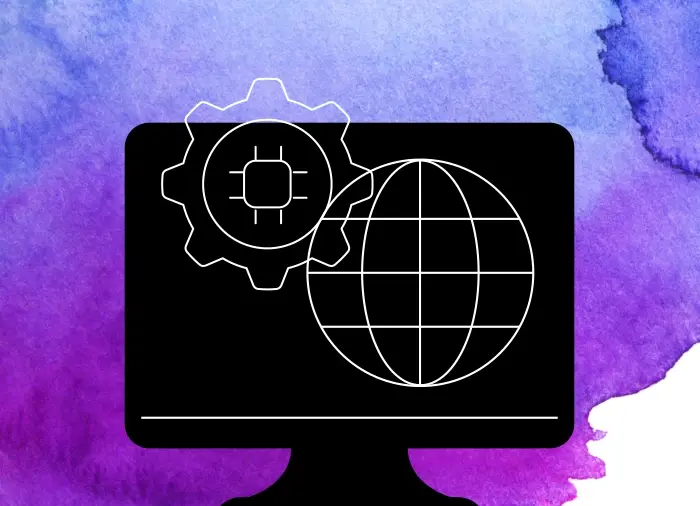
2024: The Game-Changing Outcome
In 2024, FilterLabs launched Talisman, our hyperlocal data analysis and visualization platform. Our first customers were organizations spending extensive time and money scouring social media platforms, or paying consultants and analyst firms to provide opinions—all resulting in outdated, unreliable or limited information. FilterLabs gave them their first direct, continuous connection to the exact audiences, markets and communities that matter most in their area of expertise. Today these customers are making faster, better-informed decisions and predictions and delivering strategic communications when it matters most—exactly the outcome FilterLabs aims to deliver.
The Story Behind our Name
We chose the name FilterLabs to reflect our technology and innovative spirit
%20-%20Tradmark.png)
The word “Filter” in our name embodies our approach to leveraging AI and large language models (LLM) to analyze conversational and behavioral data at a hyperlocal level, while precisely filtering that data to extract only the most relevant and impactful insights.
At FilterLabs, our technology doesn’t simply collect data; it carefully curates it to deliver a focused, nuanced understanding of how local communities around the world feel about key events, situations and messages, and how their behaviors are changing as a result. It's this precise filtering of granular, hyperlocal data that allows us to provide clients with unique, contextualized local intelligence.
The “Labs” part of our name represents our startup mindset of continuously experimenting, iterating and driving toward the next groundbreaking innovation in hyperlocal data. Similar to how startup labs function as an innovation hub, FilterLabs serves as an incubator for challenging traditional assumptions about data analysis and innovating new ways to deliver the industry’s most comprehensive hyperlocal data from the world’s hardest-to-access locations.
Our entrepreneurial spirit, combined with our advanced filtering technology, allows us to redefine what’s possible in terms of truly understanding what’s happening in local communities around the world.
That’s what drives us at FilterLabs, and enables us to consistently deliver hyperlocal insights that give our clients a competitive advantage.
Our High Regard for Data (and Datum)
At FilterLabs, we live and breathe data. It's in our DNA to treat it with the utmost respect and precision. We may be pioneers in leveraging data fusion technologies, but we're also sticklers for linguistic accuracy when it comes to the lifeblood of our work.
Is data plural or singular?
For us, the answer is both. In academic and technical circles, the singular form remains sacrosanct: datum.
But we also recognize that language evolves, and in certain contexts, data has become an accepted mass noun, much like "information."
Our approach strikes a balance. When referring to data as an aggregate concept, we use a singular verb: data is. We use data as a plural term (data are) when discussing multiple data bits, pieces or points.
It's a nuanced stance, but one that reflects our unwavering commitment to handling data with the utmost care and precision.

The Founding Team
Follow the founding team, who share a passion for building an understanding of the world through data, one local community at a time.
Our Advisors
Meet the believers—individuals who provide behind-the-scenes support to guide our growing company.
Regional Experts to Ensure Quality and Cultural Relevance
Not even the most advanced AI can fill the shoes of our regional and subject matter experts, who hold firsthand knowledge of the countries and communities we cover.
Our SMEs locate the unique, hyperlocal data sources we feed into Talisman, enabling us to deliver contextualization and granularity of local conversation, behavior and sentiment. They also verify the data for accuracy and cultural relevance, lending a critical layer of quality control to technology outputs.

In the News
Discover How Hyperlocal Data Can Transform Your Organization
FilterLabs can provide a hyperlocal data solution to suit your needs, industry and global areas of interest.

